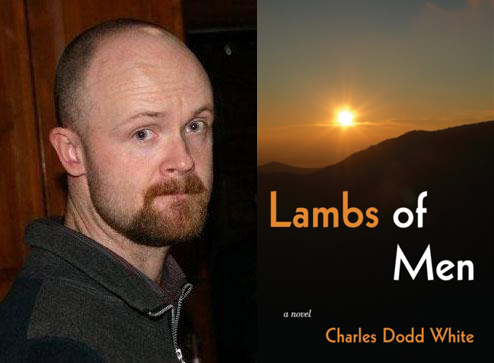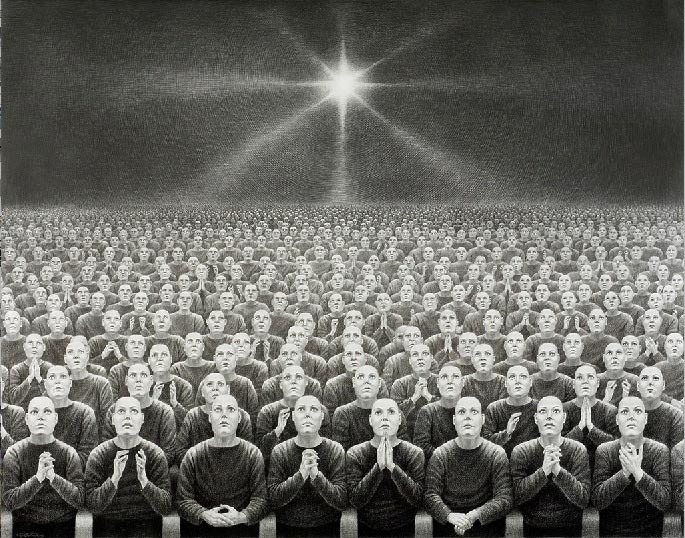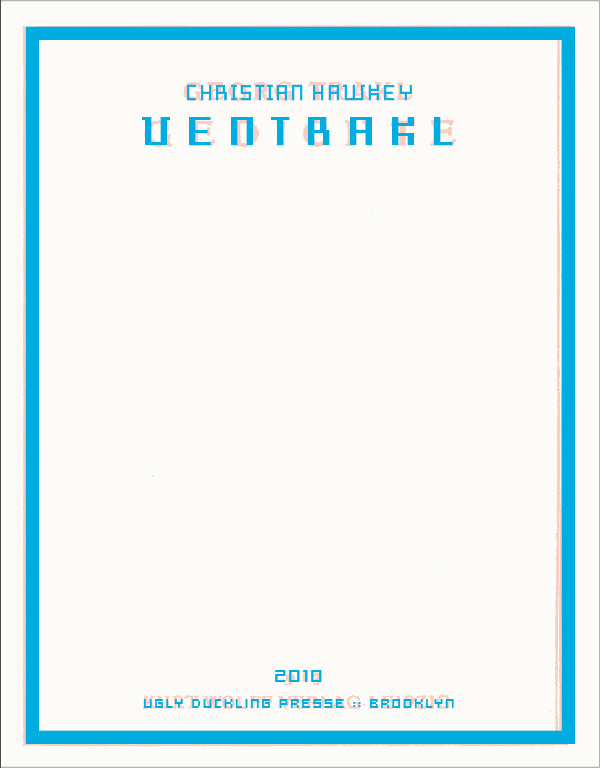
Charles Dodd White is author of the novel Lambs of Men and co-editor of the contemporary Appalachian short story anthology Degrees of Elevation. His short fiction has appeared in The Collagist, Fugue, Night Train, North Carolina Literary Review, PANK, Word Riot and several others. He teaches English at South College in Asheville, North Carolina. He has an old rescue mutt that sheds a sweater’s worth of hair each day. His home page is www.charlesdoddwhite.com. We had a fantastic e-mail conversation about Appalachian writing, his novel, and much much more.
Roxane: What are some of the challenges of writing historical fiction? What are some of the pleasures of writing historical fiction? What kind of research did you do for Lambs of Men?
Charles: The funny thing about historical fiction is that I’m not exactly sure what it is. How old does something have to be to meet that definition? Some contemporary novels have a strangely historical feel, something say like Philip Roth’s The Human Stain, while other stories set thousands of years in the past, like Vollmann’s The Ice-Shirt, are eerily contemporary. I didn’t set out to write something that was consciously trying to perform a certain type of literature. I set the story in the past, specifically in the period shortly after the First World War because I wanted to write a story on the edge of time, a situation aware of a kind of eschatology, and for me WWI with its stark, nightmarish images was the most natural choice. I was also interested in writing a book that was essentially a primitive story, a fabular treatment of the real cost of violence, and I needed an earlier century for the verisimilitude. I’ll admit too, I take a comfort in a world without cell phones. It calms me.
Like one of the main characters, I was a Marine, and much of what I wrote about was from previous knowledge of Marine Corps history. I also have spent a hell of a lot of time in the woods with guns, so I guess you could say a lot of the research was pretty much first hand.
READ MORE >




